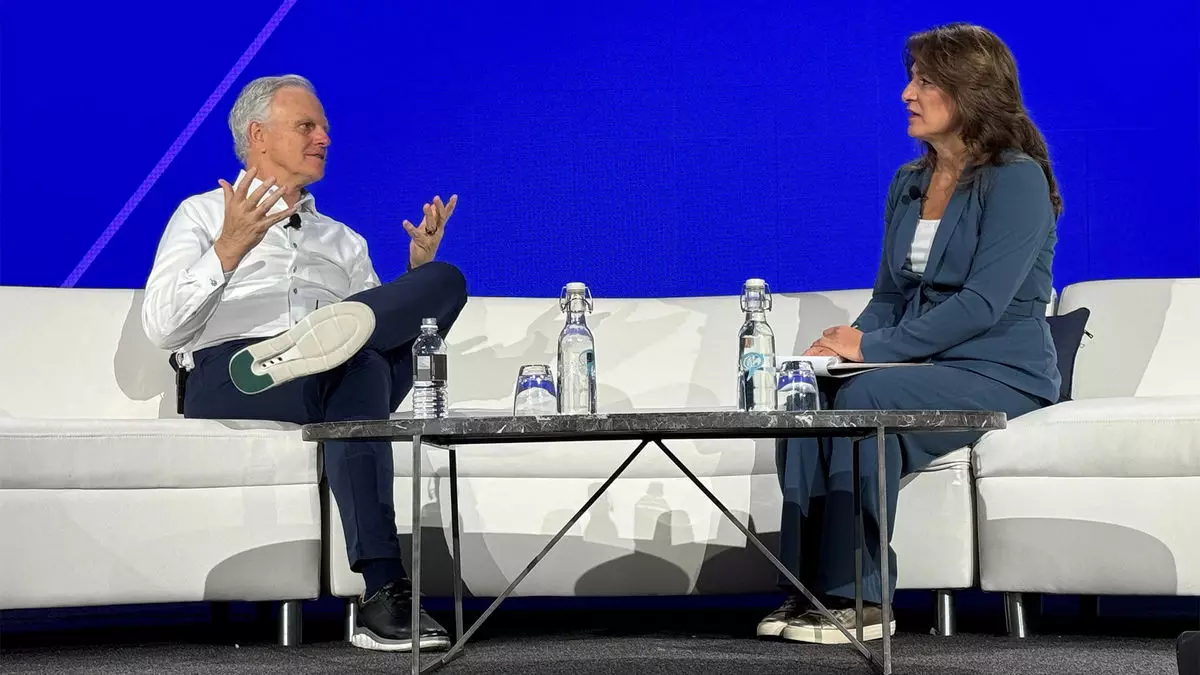In the dynamic landscape of aviation, few figures have been as influential as David Neeleman. The CEO of Breeze Airways and a pioneer behind several successful airlines such as JetBlue and WestJet, Neeleman has consistently challenged traditional approaches within the industry. Recently, at the Phocuswright Conference, he stirred debate by labeling the industry’s push for Sustainable Aviation Fuel (SAF) as “nonsense.” His bold stance has ignited discussions surrounding the economic implications of such initiatives, pushing the industry to reconsider its trajectory towards sustainability.
Neeleman’s arguments against SAF are grounded in economic reality rather than a denial of climate issues. He references a striking estimation from IATA’s director general, Willie Walsh, indicating that implementing SAF across global airlines could lead to a staggering increase in costs, totaling $187 billion. Given that the combined profits of the airline industry stand at about $32 billion annually, the financial viability of such a transition is questionable. In Neeleman’s view, the airline industry is teetering on the precipice of economic jeopardy, with potential job losses looming. He posits that these costs may not only threaten airline profitability but also the stability of the entire sector.
Expanding on his skepticism, Neeleman raises concerns regarding the wider economic repercussions of prioritizing SAF. He warns that diverting resources and agricultural products toward aviation could disrupt the existing supply chains for essential goods. His assertion that an increased demand for SAF might elevate food prices could have dire humanitarian consequences, exacerbating global hunger issues. This argument highlights the need for a balanced approach to sustainability that considers not just the environmental effect but also the socioeconomic ramifications of shifting our energy dependency.
Groupthink and Industry Response
One particularly thought-provoking aspect of Neeleman’s critique is his observation of “group think” within the aviation community. He claims that many industry executives, possibly wary of backlash from environmental advocates, shy away from expressing dissenting opinions. This could lead to a narrow-minded approach toward sustainability that prioritizes ideals over practical realities. Neeleman believes that his unique position allows him the freedom to voice unconventional opinions, suggesting a need for greater diversity of thought within the industry to cultivate innovative and effective solutions.
David Neeleman’s outspoken criticism of SAF reflects a broader tension between environmental responsibility and economic sustainability in the aviation industry. While his views may seem controversial, they underscore the importance of viewing sustainability through a multifaceted lens. The challenge ahead is to find solutions that do not compromise economic viability while also advancing the quest for greener aviation. As the dialogue continues, it becomes clear that the path forward must involve an openness to diverse opinions and a readiness to challenge established norms for the benefit of the industry and its stakeholders.


Leave a Reply